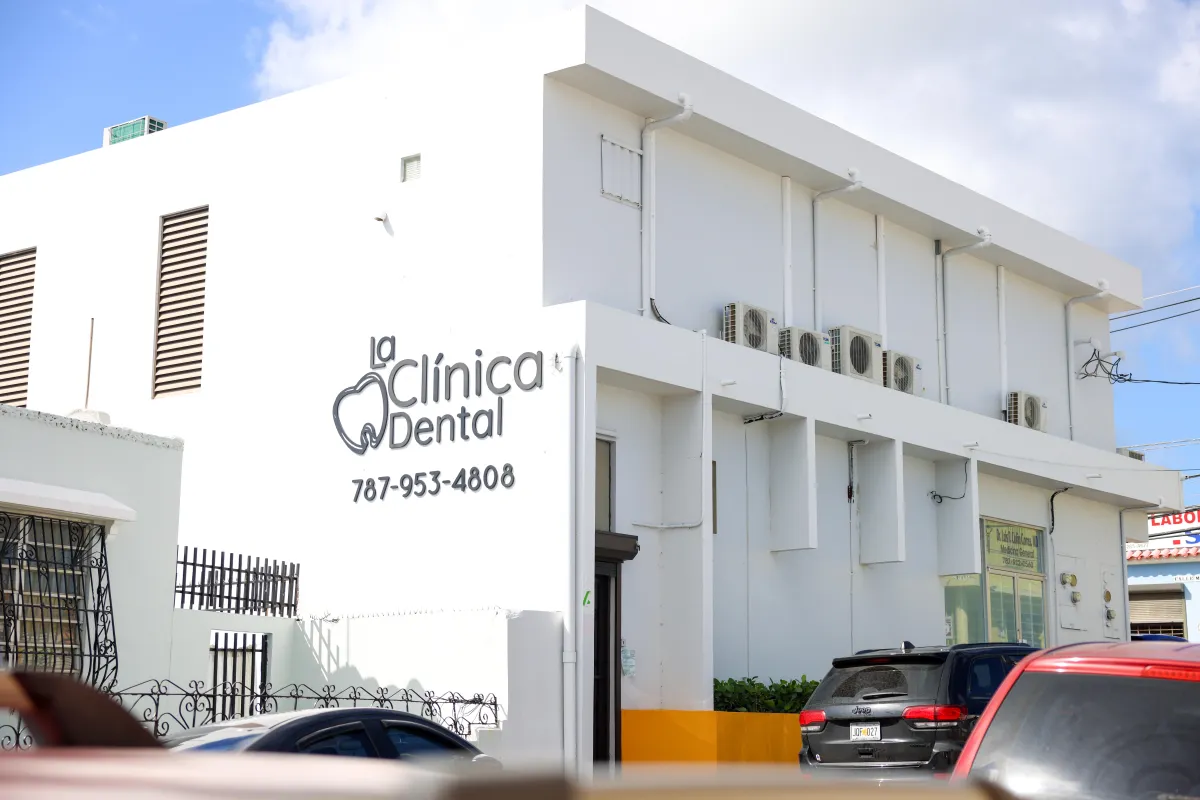Posted on March 21, 2024
Preventing Dental Emergencies: Habits and Practices for a Healthy Smile

Having a healthy smile not only boosts your confidence but also contributes to your overall well-being. Preventing dental emergencies is vital in maintaining good oral health. By adopting certain habits and practices, you can significantly reduce the risk of experiencing sudden dental issues. Let's explore some key strategies to help you achieve a healthy smile and avoid emergencies.
The Importance of Preventing Dental Emergencies
Dental emergencies can be painful, inconvenient, and costly to treat. Taking proactive steps to prevent such emergencies is crucial for preserving your oral health and avoiding unnecessary stress. By incorporating good oral hygiene practices and making smart lifestyle choices, you can minimize the chances of facing sudden dental problems. If you are looking for the best Dental Clinic, you can pop over to this link.
Habits for Preventing Dental Emergencies
Regular Oral Hygiene
- Brush your teeth at least twice a day with fluoride toothpaste.
- Floss daily to remove plaque and food particles between your teeth.
- Use an antimicrobial mouthwash to kill bacteria and freshen your breath.
Healthy Diet
- Avoid sugary and acidic foods that can erode tooth enamel.
- Include plenty of fruits, vegetables, and dairy products in your diet for essential nutrients that support oral health.
- Drink plenty of water to help rinse away food debris and maintain saliva production.
Regular Dental Check-ups
- Visit your dentist for routine cleanings and check-ups every six months.
- Address any dental issues promptly to prevent them from escalating into emergencies.
- Discuss preventive measures with your dentist to tailor a plan that suits your oral health needs.
Practices for Preventing Dental Emergencies
Protective Gear
- Wear a mouthguard during sports activities to prevent dental injuries.
- Avoid using your teeth as tools to open packages or bottles to prevent chipping or cracking.
- If you grind your teeth at night, consider wearing a nightguard to protect your teeth from wear and tear.
Proper Toothbrushing Techniques
- Use a soft-bristled toothbrush and gentle, circular motions to avoid damaging your gums.
- Brush all surfaces of your teeth, including the back molars and along the gumline.
- Replace your toothbrush every three to four months or sooner if the bristles are frayed.
Educate Yourself
- Stay informed about common dental emergencies and how to respond in such situations.
- Learn about first aid measures for dental issues such as toothaches, knocked-out teeth, or broken restorations.
- Have emergency contact information for your dentist readily available in case of unexpected dental problems.
Conclusion
Preventing dental emergencies requires a combination of good habits and proactive practices. By prioritizing oral hygiene, making healthy lifestyle choices, and seeking regular dental care, you can safeguard your smile and reduce the risk of sudden dental issues. Remember that prevention is key to maintaining optimal oral health and enjoying a beautiful smile for years to come.
